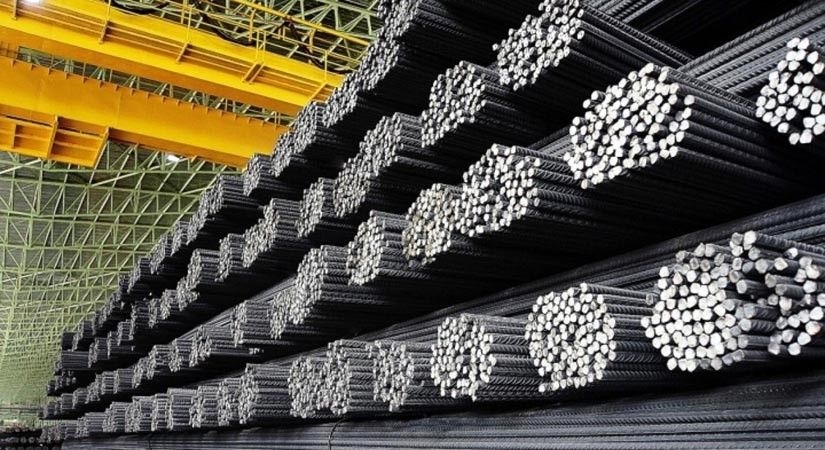Group backs Senate move vs substandard steel bars

MANILA, Philippines — The Philippine Iron and Steel Institute (PISI) supports the call of lawmakers to stop the proliferation of substandard and uncertified steel bars in the country which are either imported or produced from local rolling mills using induction furnaces, in line with creating disaster resillient structures.
“The problem of substandard rebars (reinforcing steel bars) is driven by economic gain from the market that is not very conscious of product quality and safety,” PISI president Roberto Cola said during a recent hearing by the Senate committee on trade, commerce and entrepreneurship.
“These are the small contractors and homeowners who are more concerned with the price and cost savings rather than quality and safety,” Cola added.
Sen. Panfilo Lacson earlier filed Senate Resolution 412 which called for an inquiry on the reported importation and sale of steel bars despite non-compliance with the sampling requirements of the Philippine National Standards.
Lacson said he dealt with this issue when he was then presidential assistant on rehabilitation and recovery and saw that the most damaged homes during Super Typhoon Yolanda were made of substandard steel.
“Considering that our country has suffered from an inexhaustible number of deadly typhoons, earthquakes, volcano eruptions and other natural calamities, it is imperative that our structures are sturdy and disasters resilient,” Lacson said.
Cola said PISI recommends banning the use of induction furnaces for rebar steelmaking, noting that China had already declared induction furnaces as illegal for the production of construction steel and was fully eliminated as of end-June 2017.
Steelmaking using induction furnaces has since then proliferated in the country, notably in Pampanga, Davao City and Bukidnon.
The ASEAN Iron and Steel Council (AISC) has also issued a concern over the moving of the obsolete induction furnace facilities from China to southeast Asian countries which include Singapore, Indonesia, Malaysia, Thailand, Vietnam and the Philippines.
“Our main concern arising from [this] development is that ASEAN is becoming a dumping ground for these obsolete and outdated machinery and equipment, which because of their inherent technology limitations and constraints, could adversely impact the orderly development of the iron and steel industry in the region,” AISC earlier said.
The regional group said the foremost adverse impact of the use of induction furnace for steelmaking is the production of substandard quality steel products which could pose safety hazard as construction materials. It added that induction furnace also has high energy consumption and is environmentally unfriendly.
The AISC has urged the respective governments in ASEAN to immediately prohibit the importation of induction furnaces from China for the purpose of producing carbon steel products.
Meanwhile, the PISI also recommended a number of measures to stop the proliferation of substandard steel in the Philippines such as the conduction nationwide market monitoring and standards enforcement campaign by the Department of Trade and Industry (DTI) - Fair Trade Enforcement Bureau (FTEB); the conduct nationwide information and education campaign on rebar standards and safety by the DTI Bureau of Product Standards (BPS); and the implement a more stringent inspection, sampling, and testing procedure for imported rebars.
In the same Senate hearing, PISI also refuted allegations by former senator Anna Dominique Coseteng that the use of quenched and tempered steel is unsafe for construction of buildings.
Cola reiterated that the process of quenching and tempering steel is being used by more than 190 countries across the globe for the last 30 years.
The DTI earlier said it finds no factual or technical basis to support the allegation that quenched and tempered steel is unsafe for high-rise construction.
It also cited a study by the Department of Science and Technology-Metal Industry Research and Development Center (DOST-MIRDC) that claimed rebar process through quench-tempering treatment passed all the chemical, physical and mechanical requirements.
- Latest
- Trending































